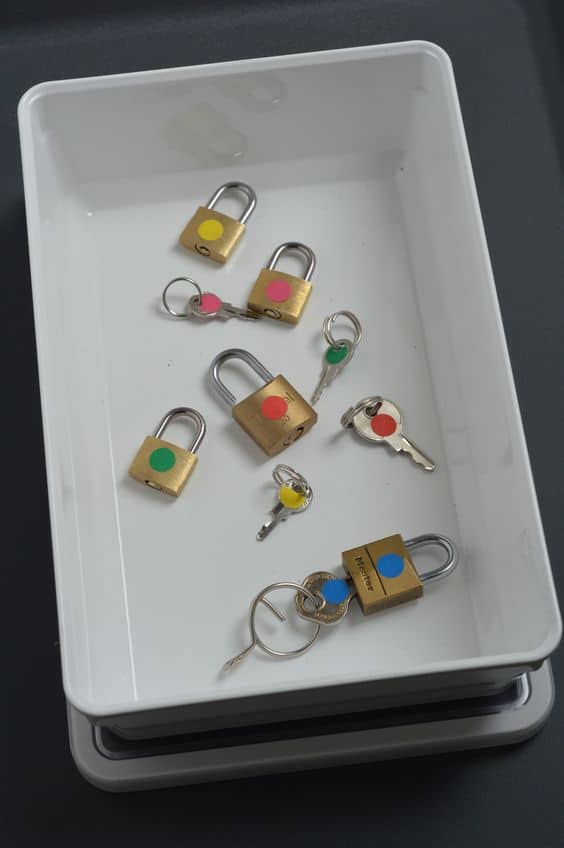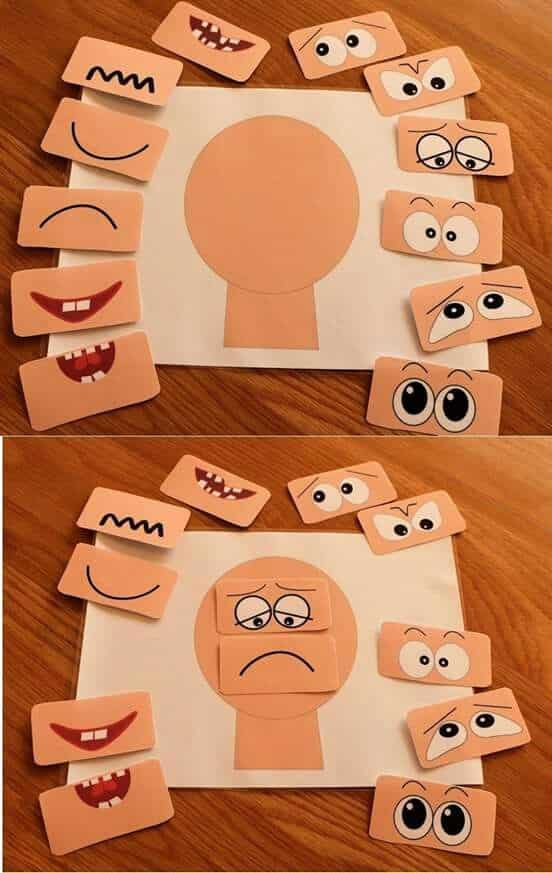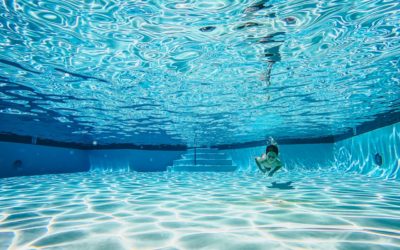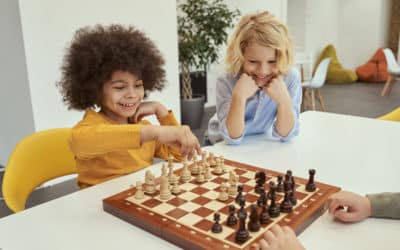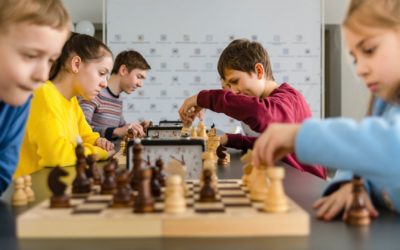Nowadays, educational methods are flourishing. Favoring more and more: the awakening, the development and the learning through play. But above all, the development of children on a daily basis. Among these numerous methods, it is the Montessori pedagogy that strongly stands out in the field of early childhood. And this, because of its principles, its functioning and its results with the youngest.
This method of learning and progressive autonomy attracts a very large audience. And above all, it arouses great curiosity and enthusiasm among parents. What are the principles of Montessori pedagogy and why is it so popular with educators and parents?

Montessori pedagogy: what is it?
The Montessori learning method is based on the discoveries and research of Maria Montessori, a 20th century Italian physician and educator.
Thanks to these long observations with children, Maria Montessori set up targeted play activities. These activities are intended to help children in their daily development. And this, by accompanying them in the construction of their autonomy and their self-confidence.
This pedagogy, revolutionary in the eyes of its followers, is based on an educational approach that is both global and targeted. And this, from birth to adulthood.
The Montessori pedagogy is, among other things, the result of observations of children from various cultural backgrounds. This study allowed Maria Montessori to come to a precise conclusion. According to the latter, all children are endowed with universal capacities that allow them to acquire knowledge throughout their evolution.
This learning method is now used worldwide to boost the development of the child. This pedagogy allows the child to grow and gain autonomy while discovering, experimenting and even having fun.
A pedagogy centered on the child and his autonomy:
The main objective of this pedagogy is to fully and autonomously build the adult of tomorrow. And this, by placing the child at the center of his own daily life, as responsible for his own actions.
Taking into account the psychic side of the child, this learning method also aims at preparing the child for his future life while developing his social sense.
In short, and as Maria Montessori so clearly stated, the main objective of the Montessori learning method is "to help the child to do". In other words, for the proper functioning of this pedagogy, it is important to leave the children free to choose their gestures and actions. The role of the educator, the parent or the babysitter will therefore be essentially one of supervision or accompaniment.
What are its principles?
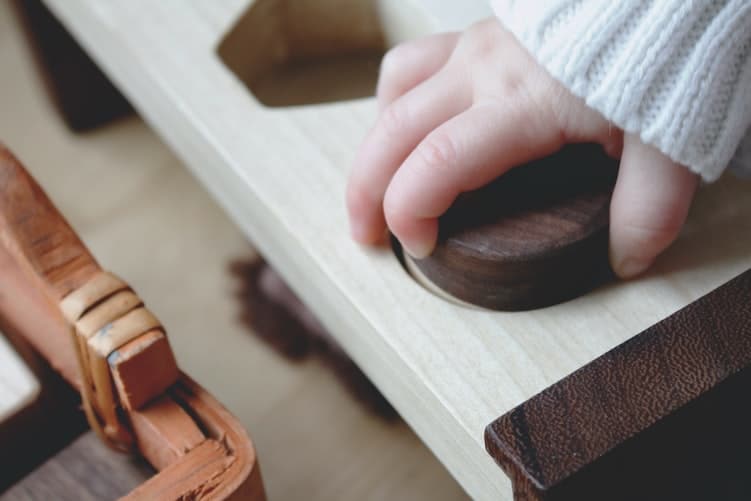
The absorbing mind of the young child:
It is about explaining how the child absorbs information about his environment. Like a sponge. To do this, the child uses all his senses. And this in order to study his environment. To impregnate itself with this last one and thus to acquire the information which it needs to grow, evolve and become more autonomous.
Montessori materials:
In developing her teaching materials, Maria Montessori developed very specific and targeted tools for each activity. They allow children to practice meaningful activities that develop one or more skills at a time. Each tool, each piece of equipment, each exercise and each material is related to one or more specific skills.
Learning through the senses:
Touching, smelling, weighing, licking, shaking... these gestures are all part of the child's learning and development process. Maria Montessori explains that our intellectual development is closely linked to that of our senses.
Movement or motor skills:
As children grow, they need to move. Movement allows them to learn and memorize certain concepts more easily. In the Montessori pedagogy, physical activity and mental activity are intimately linked. But also, strongly solicited in many activities for children.
Silence as a vehicle for concentration:
In order for children to listen to their bodies and explore the world, Maria Montessori emphasized the importance of silence. Silence is important in their development and in the strengthening of their bodily skills. Silence allows children to concentrate more easily and to control their movements.
Observation and the role of the educator:
Maria Montessori based her pedagogy on observation. This is also a key element in the role of the Montessori educator. And this, in preschools for example. Or in Montessori schools.
This includes observing the younger children with an open mind. While remaining calm and passive to understand the behavior of each child.
What are the benefits of the Montessori pedagogy for children?

Thanks to Montessori's pedagogy, the child acquires practical daily skills at an early age. He also participates in the tasks of daily life: tidying, clearing, helping, sorting, etc...
With the different methods used and especially the different activities possible, the child quickly becomes autonomous and self-disciplined. He is not bored because he does what he wants to do at any given time.
Moreover, with the Montessori method, the child acquires a better self-confidence, which is one of the fundamental objectives of this pedagogy.
By respecting each child's rhythm and interest in the chosen activities, the child's concentration will be enhanced. In this way, children are not "forced" to do what does not interest them. On the contrary, they stimulate their intelligence according to what suits them.
Finally, Montessori art activities take an important place so that each child can express himself freely.
Montessori pedagogy: examples of activities
What is very interesting with Montessori activities is that in addition to being able to acquire Montessori materials on the market (sales sites, bookstores, toy stores ...) you can also make them yourself. And often, from scratch! Moreover, making Montessori supports will be a great opportunity to make recuperation. Here are a few examples for ages 3 and up from Club Mamans.
- Use of padlocks
- The game of emotions
- Activity to learn how to tie your shoes
Discover also our article :Kindergarten: 6 Montessori games to learn in a fun way
Montessori pedagogy and Kidlee babysitting
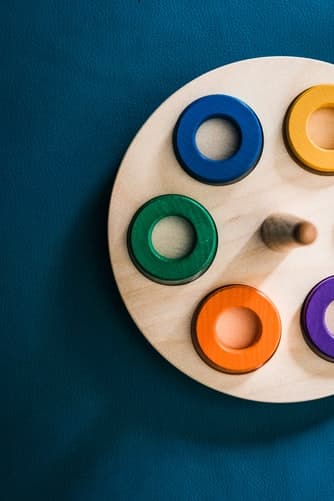
The Kidlee team implements this pedagogy during the hours of childcare provided by the babysitters. Indeed, we believe that what this pedagogy seeks to develop in children is beneficial for their personal development in all moments of their lives.
We have chosen to implement targeted notions of this pedagogy with the baby-sitters. In particular, we have chosen to implement sensory, awakening and developmental activities. This allows us to offer the best environment to the children. This is a great way to promote their personal growth, their development and their daily awakening!
In order to guarantee an adapted pedagogy for your children, the baby-sitters follow trainings carried out by our care regularly. This allows them to learn more about its principles and to implement it at home. This will help your children to grow at their own pace without any worries!
By choosing to accompany your child with the Montessori pedagogy, you can be sure that he will progress at his own pace. This will allow him to blossom in the same environment at home, at school and with your babysitter. And thus to acquire growing capacities every day!
